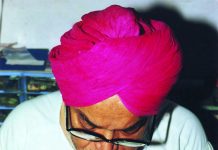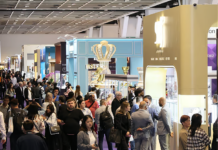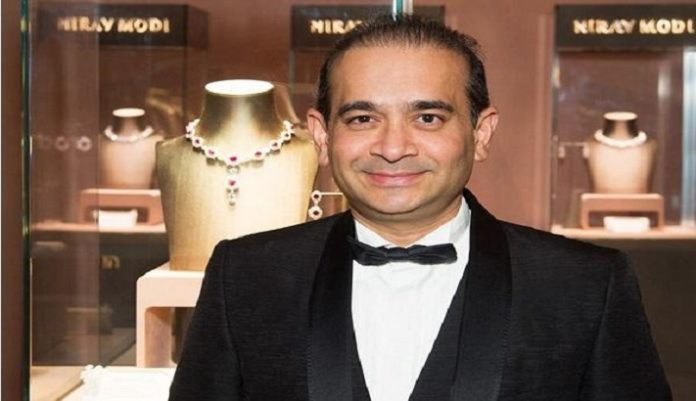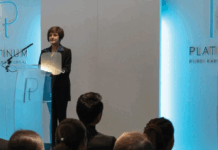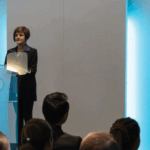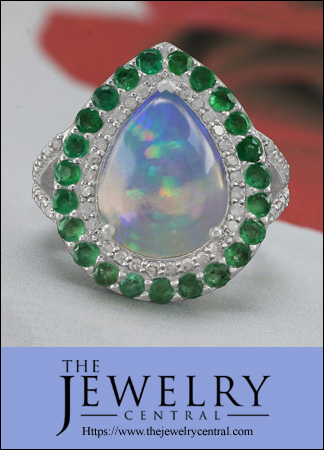The central figure in an alleged $2bn fraud that rocked India’s state-owned Punjab National Bank has been arrested in London in response to a request from New Delhi to extradite him.
Nirav Modi, a celebrity jeweller whose boutiques were in some of the world’s most prestigious shopping districts, was refused bail by a Westminster magistrates’ court on Wednesday, despite his lawyers offering to deposit a £500,000 security.
The fugitive jeweller, whose elaborate diamond pieces have been worn by stars of Bollywood and Hollywood, was taken into custody in central London on Tuesday after attempting to open a bank account. A clerk alerted police and “indicated they thought they had a wanted man,” the court heard.
During the hearing, Mr Modi spoke only to confirm his identity and to say he did not consent to his extradition to India, where he is accused of being a primary beneficiary of an elaborate bank fraud that left a $2bn hole at Punjab National Bank, India’s second-largest state-owned lender.
Mr Modi and his family left India in January 2018 after the retirement of a co-operative bank employee, who has been charged with assisting the alleged fraud. PNB reported its discovery of the alleged fraud just a few weeks later.
In June last year officials in the UK confirmed that Mr Modi had fled to Britain, where he was trying to claim political asylum. Indian authorities formally sought his extradition in August.
In court on Wednesday, Mr Modi’s lawyer said the jeweller “very strongly” contested the allegations of wrongdoing and said the charges were politically motivated. He said Mr Modi intended to fight the extradition, which he argued would breach his client’s human rights.
After months out of the limelight, Mr Modi was spotted and filmed several times walking around Oxford Street in London, near the luxury apartment where he was reportedly living.
His lawyer said Mr Modi had been living in London “openly and very visibly” and that the local council had even invited him to register to vote. Mr Modi’s lawyers said they had consistently told the Indian authorities that he was “keen to co-operate”.
The Indian government opposed Mr Modi’s release on bail, arguing that he had “considerable means” and was unlikely to surrender to the court given the nature of the “very high value and sophisticated fraud”.
According to PNB and Indian criminal investigators, companies associated with Mr Modi had improperly received almost $2bn-worth of cash advances — ostensibly for trade finance — from other Indian banks’ overseas branches. They were said to have acted on requests from PNB’s Brady House branch in the heart of Mumbai’s financial district.
But the trade finance guarantees — sent to counterpart banks by Swift, the global finance messaging system — were never entered into PNB’s core banking system, which meant the bank’s management was unaware of the obligations mounting in its name.
Other alleged beneficiaries include Mr Modi’s uncle, Mehul Choksi, who has allegedly fled to Antigua, as well as certain other members of Mr Modi’s family.
The court was told on Wednesday that Mr Modi was in London lawfully, having arrived in January last year before the criminal allegations were made in India to prepare for a stock market listing of his jewellery company, which was to have its head office in London.
Mr Modi’s lawyers said Mr Modi had been working in London at a company where he earned £20,000 a month and had a “wealth of material in support of his case”.
Mr Modi will remain in custody until the next hearing on March 29.
NewsSource: Financial Times
Disclaimer: This information has been collected through secondary research and TJM Media Pvt Ltd. is not responsible for any errors in the same.




